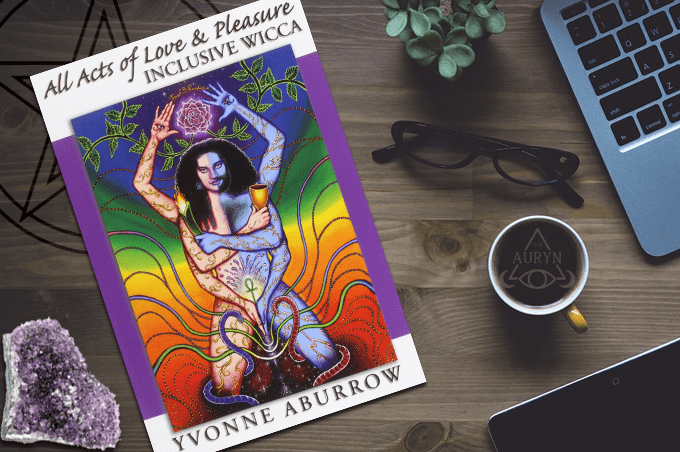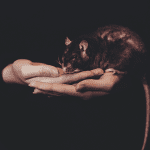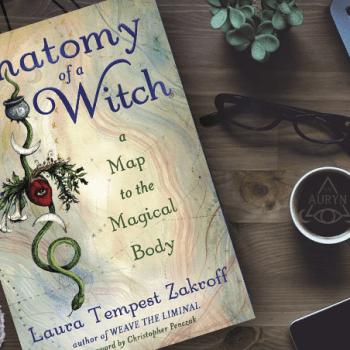
Yvonne Aburrow’s All Acts of Love and Pleasure: Inclusive Wicca is a greatly needed book for any group. Though the book is written for Wicca by a Gardnerian Wiccan, the book is important for any group of witches that work together. Written with covens and groups in mind, the book addresses many changes regarding diversity within the modern Craft. Aburrow asserts that Wicca should be inclusive regardless of gender, sexuality, and mobility.
She writes that “Different people have different experiences, expectations, and perspectives, and including and working with different ideas and experiences can only enrich our Craft, not detract from it.” Instead of ignoring or erasing the differences of others, the book aims to explore methods of working with these differences. As such she provides ideas, practices, meditations, and queer myths to create a more inclusive group dynamic or to adapt workings when needed.
The book makes use of heavy citation and is intelligently written. Tackling the history and origin of many Wiccan concepts and practices to shed light on the importance of inclusion vs. dogma and to challenge pre-conceived notions within Wicca. Not only are aspects of ritual modified and adapted for queer inclusion and differently abled bodies, but the book also touches upon other modern sexual liberation movements such as polyamory and BDSM. Also explored are ideas of consent, ethics, and inclusion – ideas that must be challenged and evolve if British Traditional Wicca (or any form of witchcraft) is to survive new generations. It’s not the 1950’s anymore. Diversity must be embraced, not excluded.
The title of the book takes its title from “…for behold, all acts of love and pleasure are my rituals,” as is stated by the Goddess in the Charge. As such, this book is written in the spirit of the Goddess, Mother of All and not some, surpassing all man-made trappings of rules placed within the Craft. The book is perfect for anyone who wants a non-binary perspective of Wicca, and anyone in a leadership role within Paganism.
















